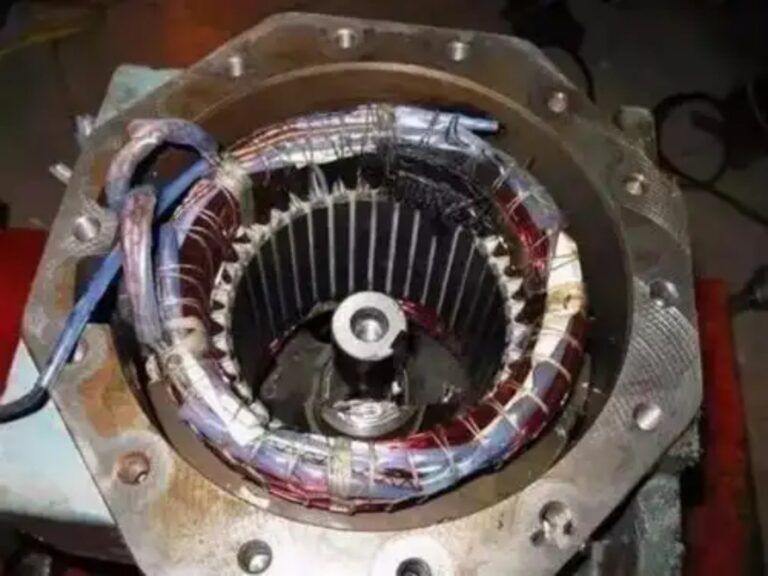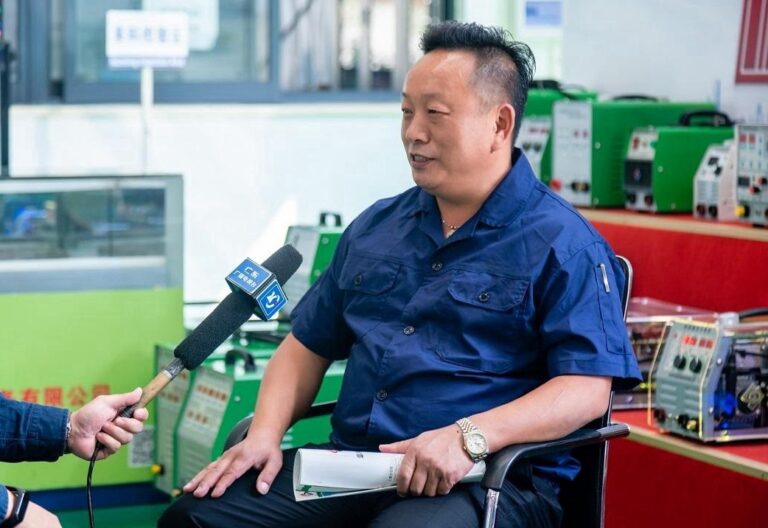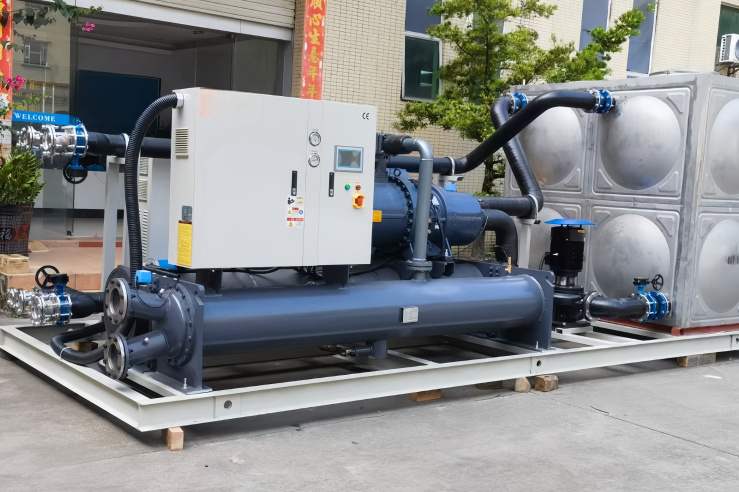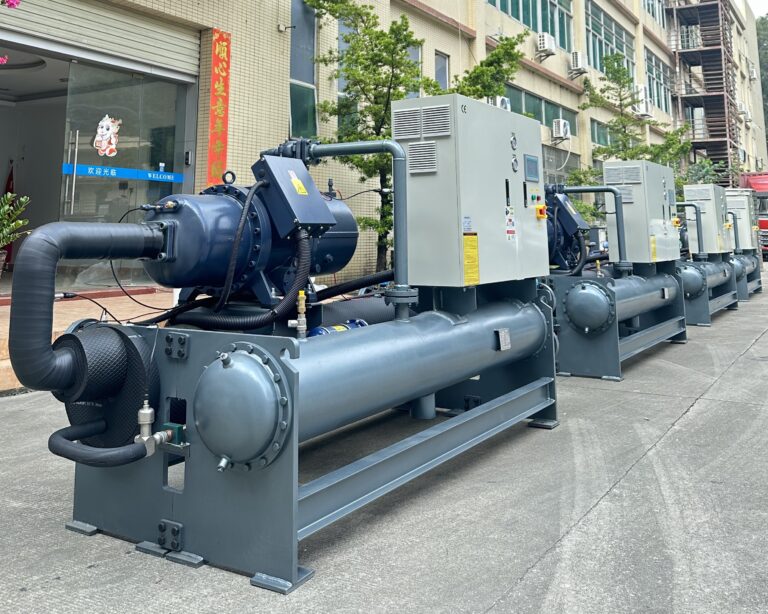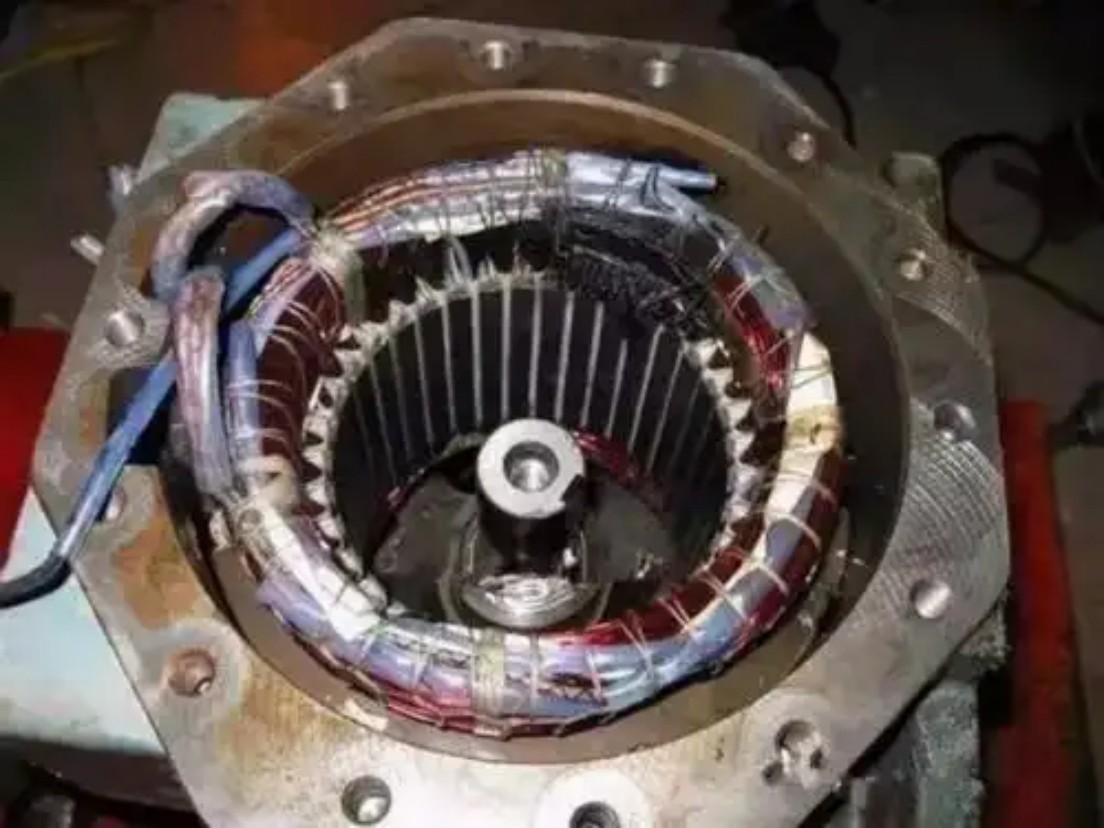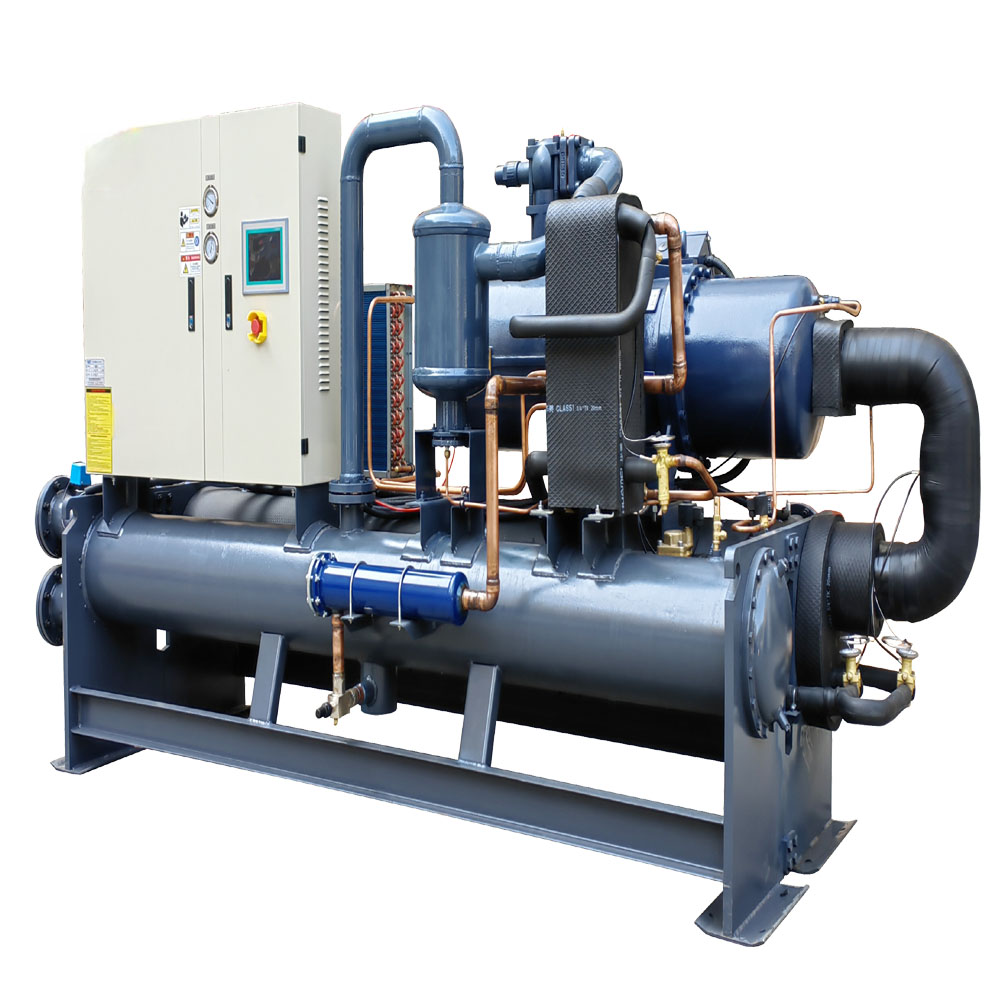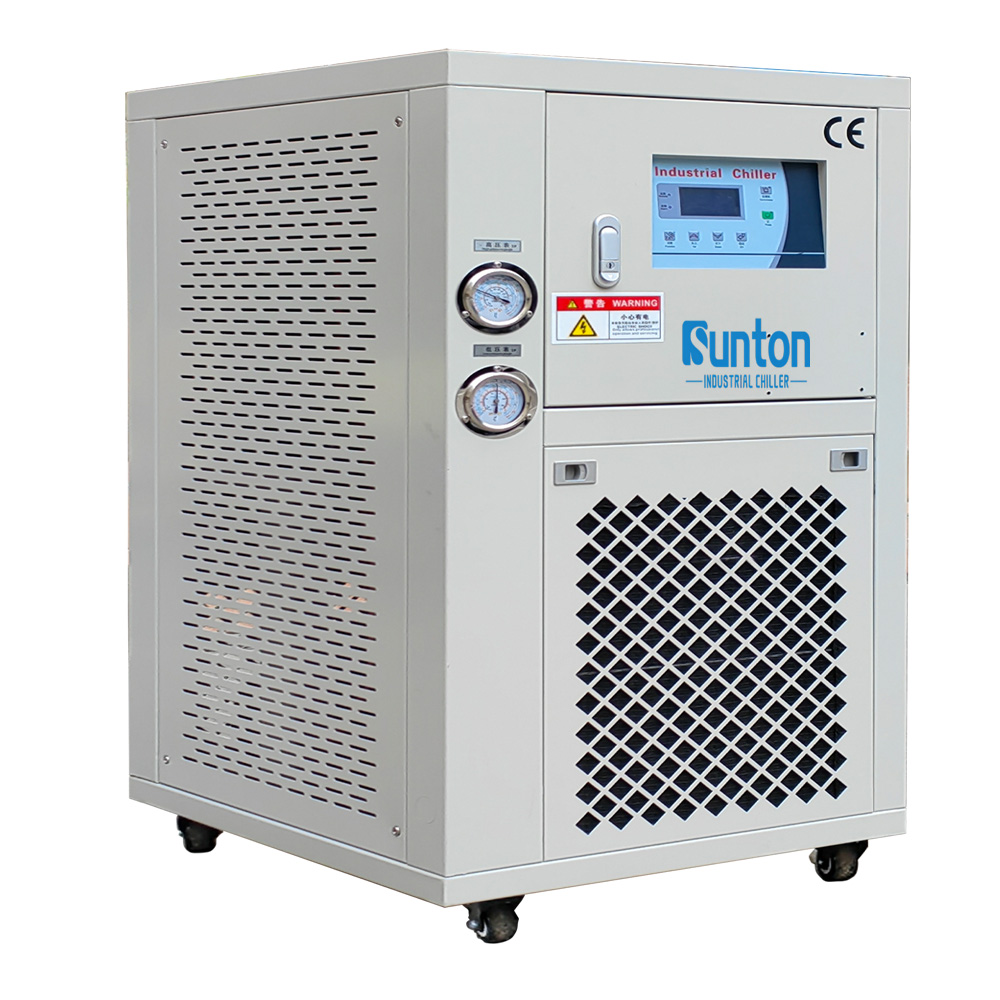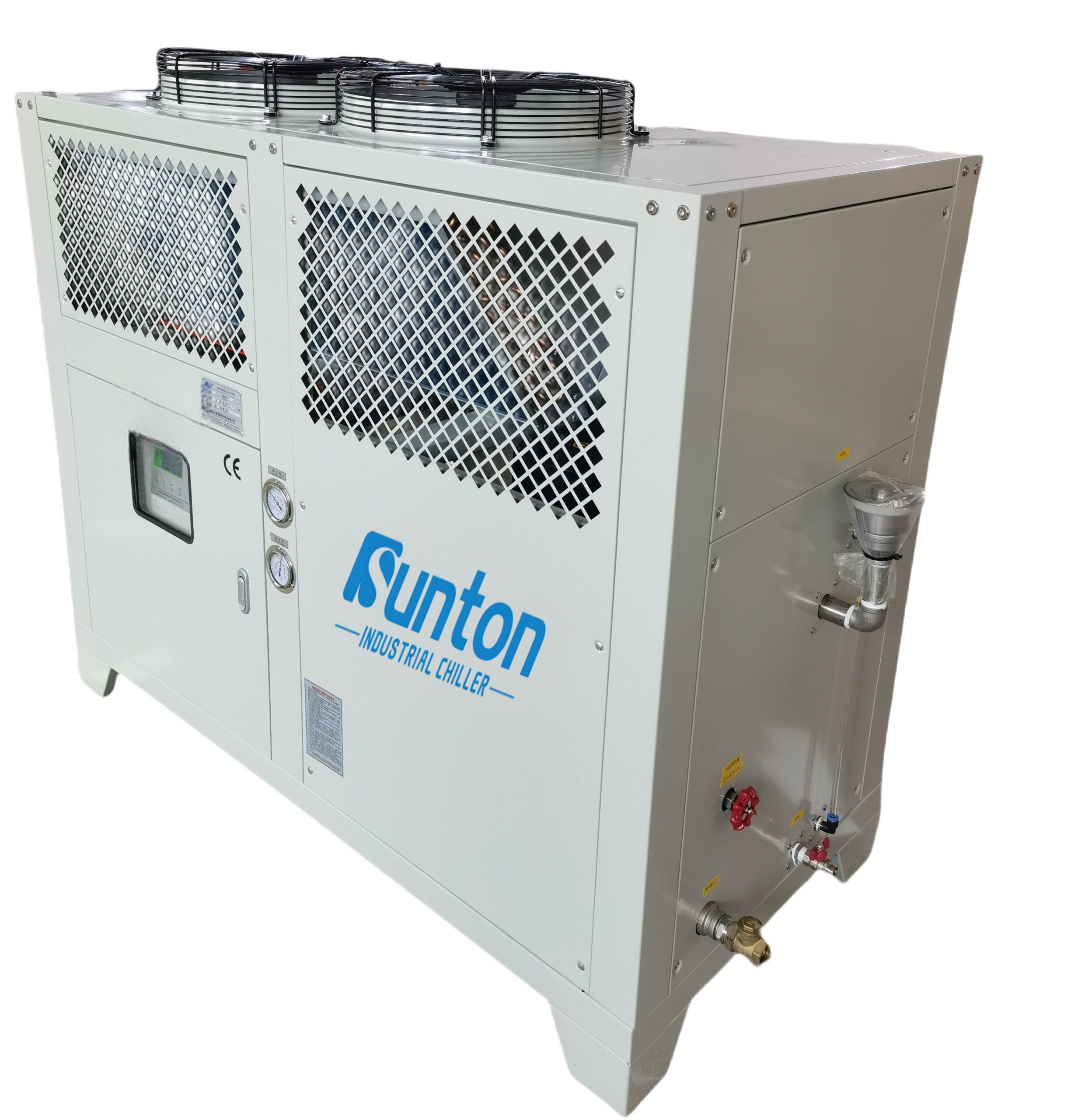-
Khu công nghiệp Dalingshan Quảng Đông
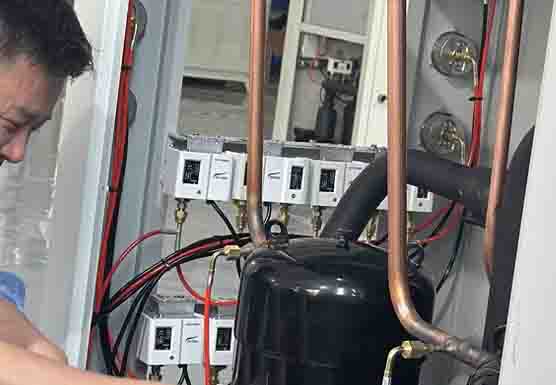
The Ultimate Guide to Industrial Chiller Maintenance
Mục lục
Why Industrial Chiller Maintenance is So Important
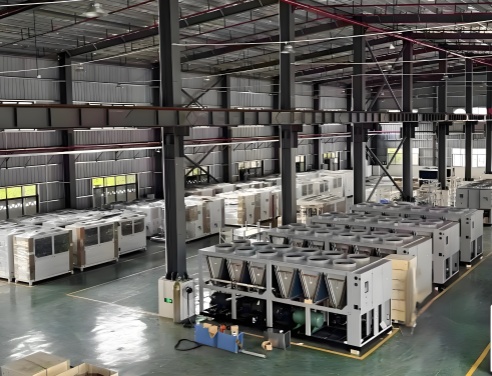
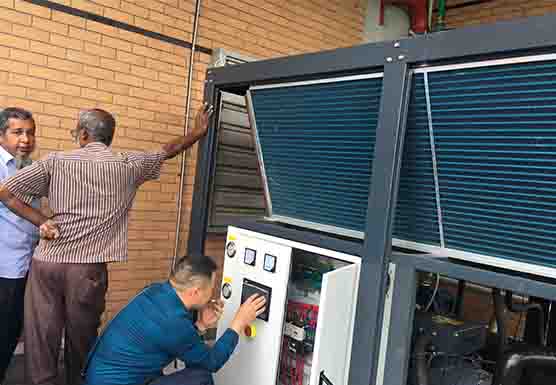
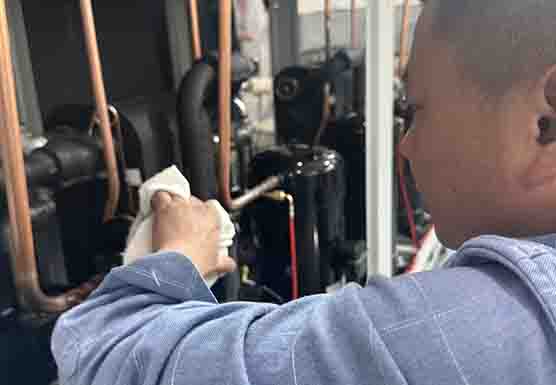
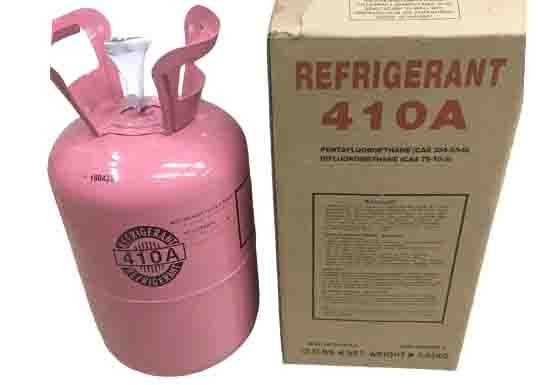
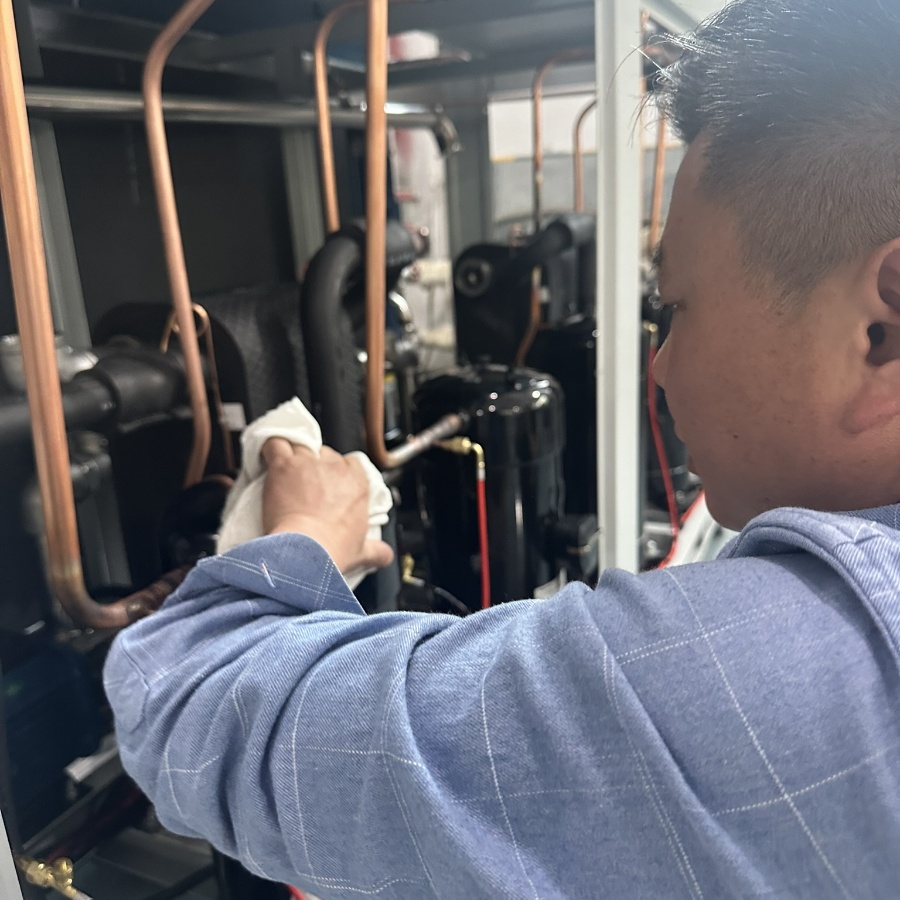
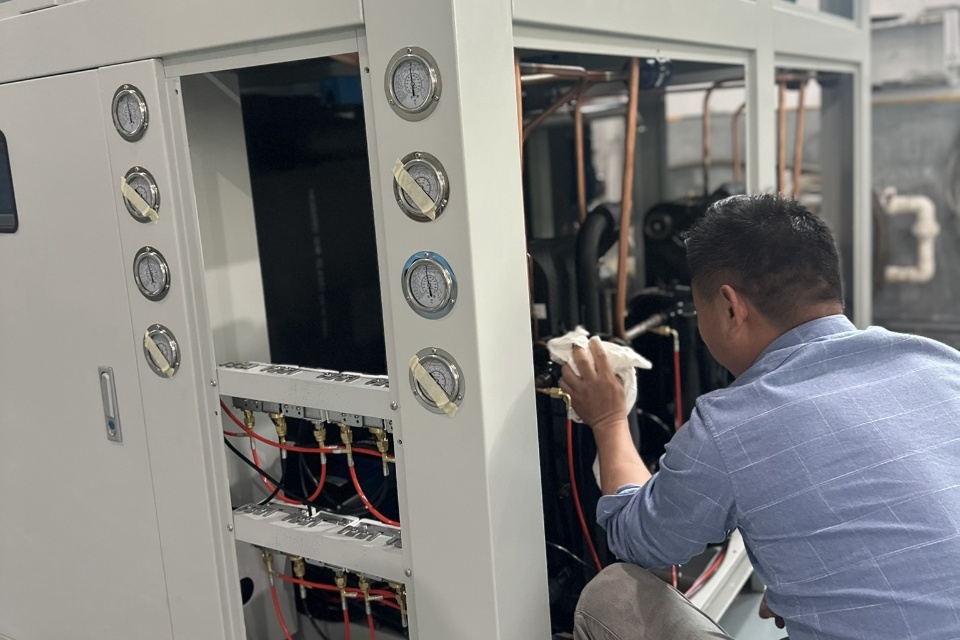
Industrial chillers are big machines that help keep factories and buildings cool. Just like a car needs oil changes, chillers need regular maintenance to work well. If they get dirty or rusty inside, water won’t flow smoothly, and the chiller won’t cool properly.What is the best method for cleaning chiller lines and ensuring that the water inside is free of rust or buildup of crap that prevents water from flowing smoothly? Are there any plumbing setups you can add to the line to make this a simple process to do regularly?
Some people say the best way to keep your chiller running well is to work with a good water treatment company. Most industrial chillers don’t use Máy làm lạnh Glycol (a special liquid that prevents freezing) because it can cause more problems. If your chiller’s water loop is closed (meaning no water escapes), it shouldn’t get dirty or rusty if treated correctly.
But here’s the big problem: If your chiller has leaks, bad stuff (like dirt and gases) gets into the water. This can lead to expensive repairs.
- One company spent $140,000 extra per year fixing their chiller because of leaks.
- Another steam system cost $200,000 a year in repairs!
This is why maintenance is so important—it saves money and keeps your chiller running for years.
Best Ways to Clean Your Chiller and Prevent Buildup
1. Use a Water Treatment Company
The easiest way to keep your chiller clean is to hire a water treatment company. They will test the water and add chemicals to stop rust, bacteria, and dirt buildup.Partner with a Water Treatment Specialist
A qualified water treatment vendor isn’t just a “nice-to-have”—it’s non-negotiable. Commercial and industrial systems thrive on closed-loop designs, but leaks introduce contaminants and dissolved gases that accelerate corrosion
2. Install Filters and Screens
Your chiller should have filters and strainers to catch dirt and debris.
- Screens and strainers: Clean these weekly to catch debris before it clogs coils or pipes.
- Magnetic filters: Install these to trap metallic particles from rust or scale.
- Automatic backwash systems: Consider adding these to reduce manual labor.
- Clean or replace them every week.
- If they get clogged, water won’t flow, and your chiller will struggle.
3. Should You Use Glycol?
Glycol is a liquid mixed with water to prevent freezing. However:
- Too much glycol can make the chiller work harder.
- It can thicken the water, reducing cooling efficiency.
Most experts do not recommend glycol unless you really need it (like in freezing temperatures).
4. Anti-Rust Chemicals
You can add anti-rust agents to the water. But how do you know how much to use?
- Get a professional to test your water and tell you the right amount.
- Too much chemical can harm the chiller, and too little won’t help.
How to Clean Chiller Pipes and Coils
1. Cleaning the Pipes of chiller
Over time, rust, algae, and sludge can block the pipes. Here’s how to clean them:
- Drain the old water and flush the system with fresh water.
- Sử dụng một pipe-cleaning solution to break down rust and scale.
- Rinse thoroughly.
- Refill with treated water and new anti-rust chemicals.
Tip: Some companies install automatic cleaning systems that flush the pipes regularly to keep them clean.
2. Cleaning the Coils
Các condenser and evaporator coils get dirty and reduce cooling power.
- Sử dụng một soft brush or low-pressure water to clean them.
- NEVER use high-pressure water—it can bend the fins!
- If the coils are very dirty, a professional cleaning company might be needed.
Big Problem: Some factories can’t store refrigerant on-site, making cleaning harder. Check local laws before buying refrigerant.
Preventing Future Problems
1. Stop Leaks!
Leaks let dirty air and water into the chiller, causing corrosion and buildup.
- Check for leaks every month.
- Fix any problems immediately so extra dirt doesn’t enter.
2. Regular Water Testing
- Test water every 2-4 weeks to make sure chemicals and pH levels are correct.
- If the water looks cloudy or smells bad, it needs treatment fast.
3. Train Your Team
Your Chiller plant managers must know:
- How the chiller works
- Basic troubleshooting
- When to call an expert
Without training, small problems can turn into costly breakdowns.
Final Tips for a Healthy Chiller
- Work with a water treatment company—they help avoid most problems.
- Check and clean filters every week.
- Avoid glycol unless your chiller is at risk of freezing.
- Flush the system yearly to remove rust and buildup.
- Train your team to spot leaks and problems early.
By following these steps, your 100-ton Sunton chiller will run smoothly for years—saving you thousands in repairs!
Would you like a free maintenance checklist? Comment below or liên hệ với chúng tôi for expert chiller care!

